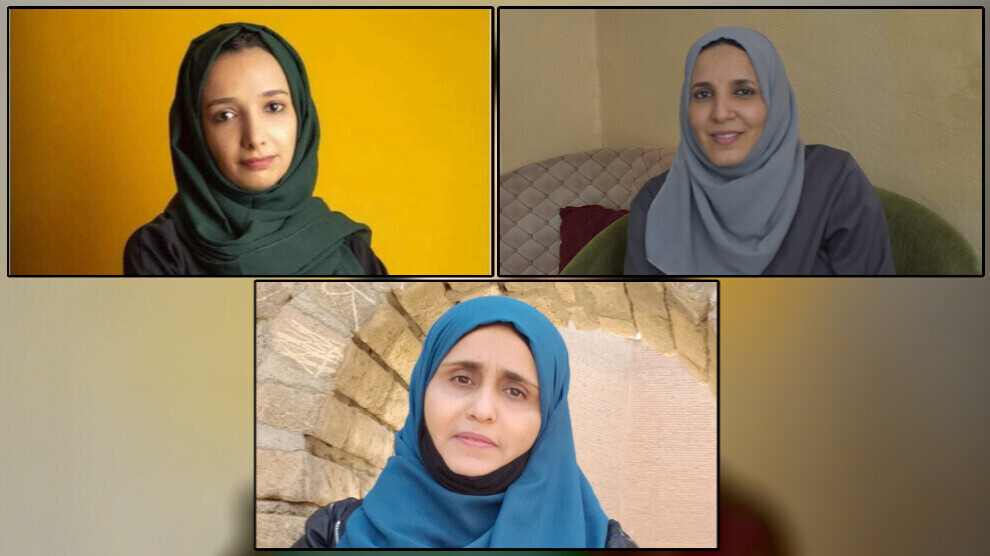Women take part in negotiations on opening roads in Taiz
The negotiations on opening roads in Taiz, a city in southwestern Yemen, continue. The women taking part in the negotiations demand women be involved in every phase of the negotiations.

RANİA ABDULLAH
Yemen –The people of Taiz, a city in southwestern Yemen, have been suffering from siege and closure of many roads for more than seven years. Many negotiations were conducted to re-open the roads but all failed. Local mediators participated for the first time in the last negotiations on opening roads held in May. The role of the women being involved in the new negotiations held between Yemen’s internationally recognized government and the Houthi rebels in Amman, the capital of Jordan, was to present proposals to the UN delegation on the roads and details about the routes in the city.
Yemen’s internationally recognized government and the Houthi rebels have discussed reopening roads, including a main route, leading into and out of Taiz city, as well as roads in other governorates that aims to alleviate civilian suffering and enhance the delivery of goods.
“Women mediators are better than men”
Ola Al-Aghbary, founder and CEO of Sheba Youth Foundation for Development and a local mediator in Taiz city, said that women began to make efforts to re-open roads through local mediators and feminist initiatives in 2015. “The members of the ‘Women of Taiz for Life” initiative made great efforts to re-open the roads but they got no result. After many years, we, as women, discovered that the political solution is the most appropriate solution and thought that a negotiation between two parties could reopen the roads. The initiative and efforts of women enabled women to take part in the negotiations as mediators. Now, all parties recognize the participation of women in the negotiations and work with women because they trust women and know that women have no interest in conflicts. Women's experience in mediation is completely different and better than men's experience.”
Stating that the demand for reopening roads is a humanitarian demand, Ola Al-Aghbary said that women’s participation in the negotiations is very important.
“Women’s presence is important”
Moeen Al-Obeid, a local mediator, lawyer and activist, told us that she has a special experience in the negotiations. “Ola Al-Aghbary and I are the first women having such experiences. Women’s presence in negotiations is important and a great success for women and for civil society. Our role in negotiations is to present proposals to the UN Special Envoy about the ways that can be agreed upon and accepted by both parties. We are also in touch with both parties. We share the suffering of the people to them and try to convince the parties that the re-opening of the roads is a human right.”
“Women are affected by the war”
Sabah Al-Sharabi, a member of the Women of Taiz for Life” initiative, said, “Women faced the psychological, social, economic and physical consequences of the war and suffered and are still suffering from its effects. Therefore, they must be involved in the various stages of the current negotiations in order to reopen roads and restore life.”
